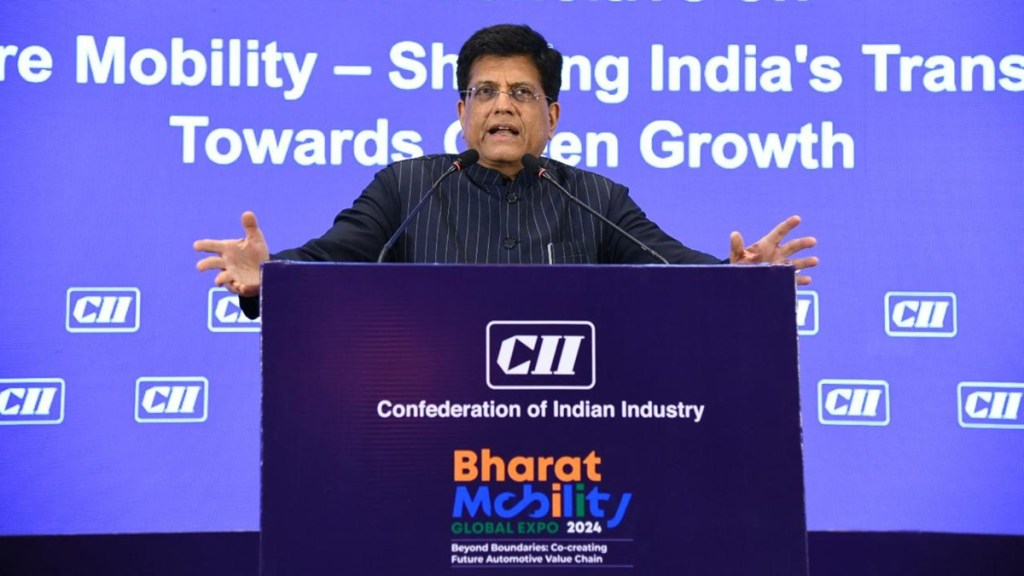The Confederation of Indian Industry (CII) has come out with a set of guidelines for appointment of independent directors, and the process of board evaluation among Indian companies. To equip these directors with more relevant and topical information, company managements must endeavour to provide a detailed report to them of the key developments between two board meetings along with the information relating to the agenda items.
On their part, the independent directors may seek additional information they may require for informed decision-making, the industry body said in a report. It further said that there is a merit for the companies to appoint independent directors for two terms of five years each so that it will help them understand the sector and the company well.
Noting that the responsibilities of independent directors have evolved over the years, the CII said that apart from looking after their traditional roles in areas like strategy, finance and audit, they now have to understand crisis and risk management, internal controls, and standards of conduct and sustainability. “Independent Directors may need to be clear about the role they will play and be suitably armed to be able to effectively undertake the same,” it said.
The CII report said that the importance of insurance arrangements for directors, especially independent directors is apparent as the fear of criminal liability is driving away the talent. “The appropriate insurance ought to be obtained by the company to protect them from liabilities.”
At present, the Companies Act 2013 mandates that every listed public company must have at least one-third of a total number of directors as independent directors.
The reluctance to join company boards as an independent director is a trend of the past few years ever since companies like IL&FS, Gitanjali Gems, HDIL, and DHFL were found to be involved in alleged corporate frauds. Not just that, independent directors are also quitting companies in hordes.
In FY23, 881 independent directors quit companies, which was 14.5 per cent higher than the previous year. Then, there are also recent instances of shareholder activism. A case in point is Byju’s where major shareholders are asking for board re-shuffle as the future of the edtech firm looks uncertain.

